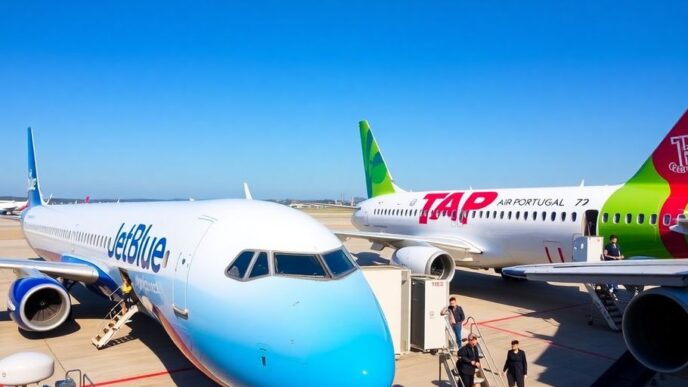The inaugural CATO Symposium on Sustainability took place in the picturesque Alentejo region of Portugal, bringing together 14 members of the Canadian Association of Tour Operators (CATO) to discuss sustainable practices in the travel industry. Participants enjoyed the region’s rich cultural heritage, exquisite cuisine, and exceptional wines while engaging in meaningful discussions about the future of sustainable tourism.
A Beautiful Setting for Discussion
Alentejo, known for its breathtaking landscapes and rich history, provided the perfect backdrop for the symposium. Participants savored local delicacies and wines, visited vineyards, cork tree plantations, and olive groves, and explored the ancient ruins of Roman temples and the medieval streets of Évora.
CATO Chair Brett Walker highlighted the region’s dual appeal: “Alentejo offers both the beauty of its remarkable past as well as a vision for a promising future.”
Workshops on Sustainability
A significant part of the symposium was dedicated to workshops aimed at deepening participants’ understanding of sustainability. Led by Professor Graham Miller, who holds the Rodrigo Guimaraes Chair of Sustainable Business at the Nova School of Business and Economics, the workshop addressed critical questions such as:
- What is sustainability?
- Why does it matter for business?
Rochelle Turner, the global B Corp impact manager at Intrepid Travel, also contributed her expertise, focusing on enhancing the impact of businesses in alignment with sustainability goals.
The Path Forward
The CATO Symposium underscored the essential steps needed to create a meaningful impact in the travel industry. Key actions discussed included:
- Raising awareness about sustainable practices.
- Providing education to stakeholders.
- Implementing concrete actions for a sustainable future.
The warmth and friendliness of the local community were evident throughout the symposium, reinforcing the idea that residents and travelers can enhance each other’s well-being. CATO members left Alentejo with a renewed commitment to sustainability and a deeper understanding of their role in fostering a sustainable future for the travel industry.














